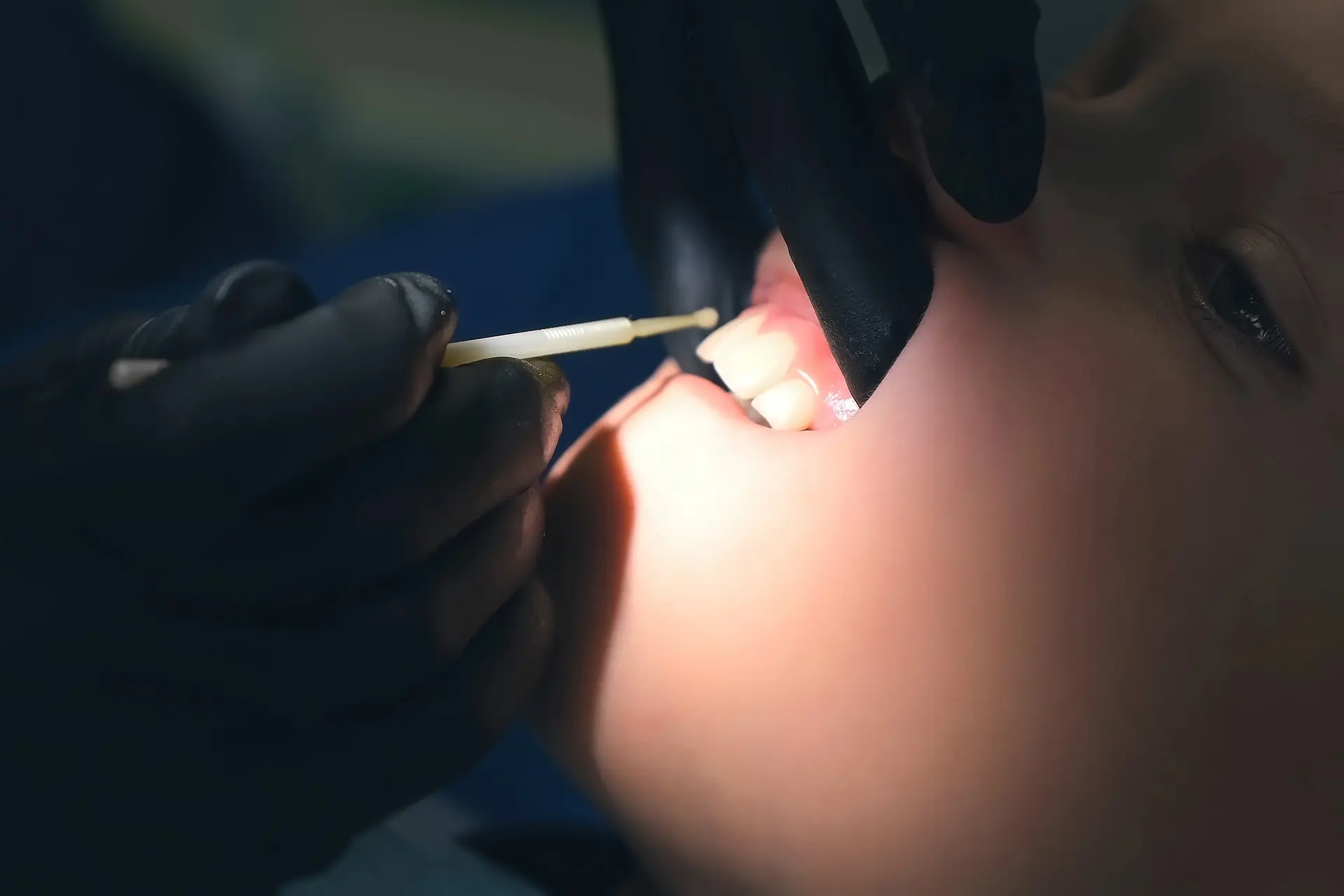
Tongue-Tie in Babies: How Frenectomies Improve Feeding & Speech
Welcoming a newborn into your life is a joyous occasion, but it can also come with its own set of challenges. One such challenge that some parents face is a tongue-tie, a condition that can impact a baby’s ability to feed and develop proper speech. Tongue-tie, or ankyloglossia, is a condition where the tissue (lingual frenulum or frenum) that connects the tongue to the floor of the mouth is shorter or tighter than usual. This can restrict the tongue’s movement, leading to difficulties in breastfeeding, bottle feeding, and later, speech development. Understanding how a simple procedure called a frenectomy can alleviate these issues is crucial for ensuring your child has the best start in life.
Understanding Tongue-Tie
Tongue-tie can be a source of frustration for both parents and infants. It is important to recognize the signs early on to seek appropriate treatment. Common indicators of tongue-tie include:
- Difficulty latching during breastfeeding, causing pain for the mother
- Poor weight gain or failure to thrive in infants
- Limited tongue mobility, which may affect feeding and swallowing
If you notice any of these symptoms, it's essential to consult with a pediatric dentist or a lactation consultant to assess whether a frenectomy might be beneficial for your child.
The Frenectomy Procedure
A frenectomy is a quick and minimally invasive procedure that can significantly improve feeding and speech outcomes for babies with tongue-tie. The procedure involves:
- Using a laser or surgical scissors to release the tight frenulum
- Typically completed in just a few minutes, often with immediate results
- Minimal discomfort and a rapid recovery time for the infant
Parents often notice an immediate improvement in breastfeeding and feeding efficiency following the procedure. Consult with your pediatric dentist to learn more about how this procedure can benefit your child.
Benefits of Frenectomy for Speech Development
While the immediate benefits of a frenectomy are often seen in feeding, the long-term advantages for speech development are equally important. A restricted tongue can lead to:
- Delayed speech development and articulation issues
- Difficulty in forming certain sounds, which can impact communication skills
By addressing tongue-tie early, you can help your child develop clearer speech patterns, improving their ability to communicate effectively as they grow.
Post-Procedure Care and Support
After a frenectomy, it’s important to follow post-procedure care instructions to ensure a smooth recovery and optimal outcomes. Parents should:
- Perform gentle tongue exercises to promote healing and mobility
- Monitor feeding to ensure improvement and comfort for the baby
- Schedule follow-up appointments to track progress and address any concerns
With the right care and support, your child can enjoy the benefits of improved feeding and speech development.
Schedule Your Appointment in Arlington, VA
If you suspect your baby may have tongue-tie, don’t hesitate to reach out to Arlington Pediatric Dentistry. Dr. Arpi Khare and our dedicated team are here to provide compassionate care and effective solutions for your child’s needs. Contact us today at (703) 671-5437 to schedule your appointment and take the first step towards improving your child’s feeding and speech in Arlington, VA.










